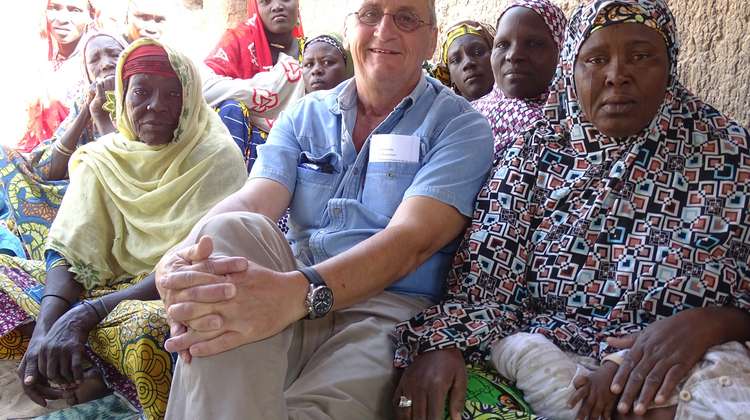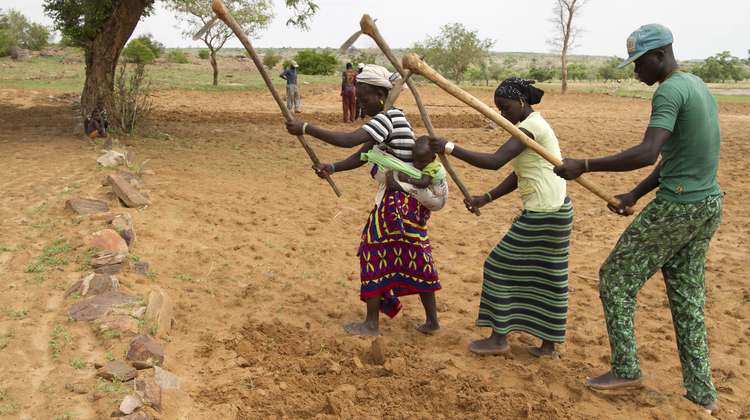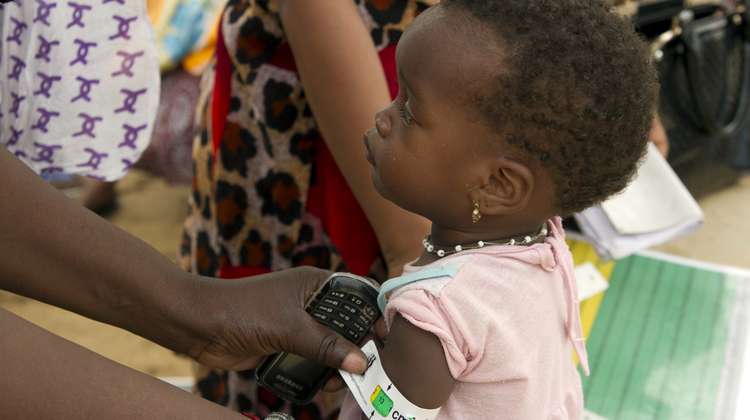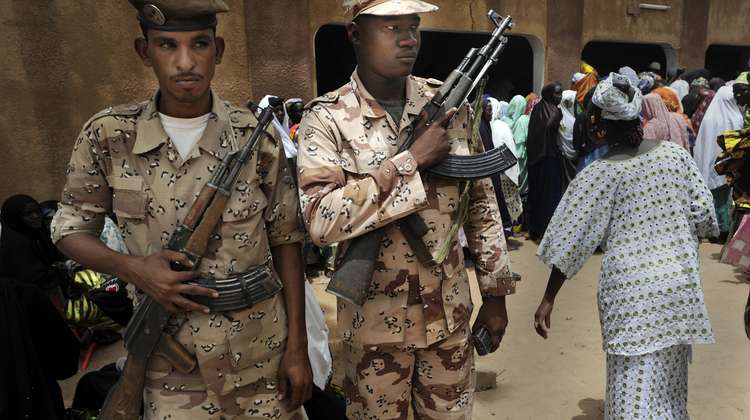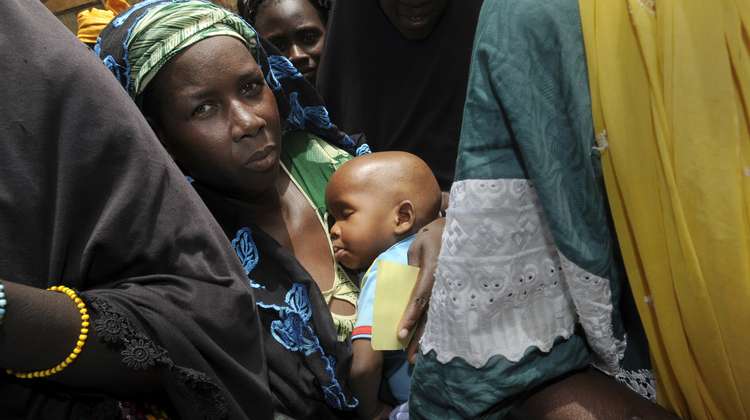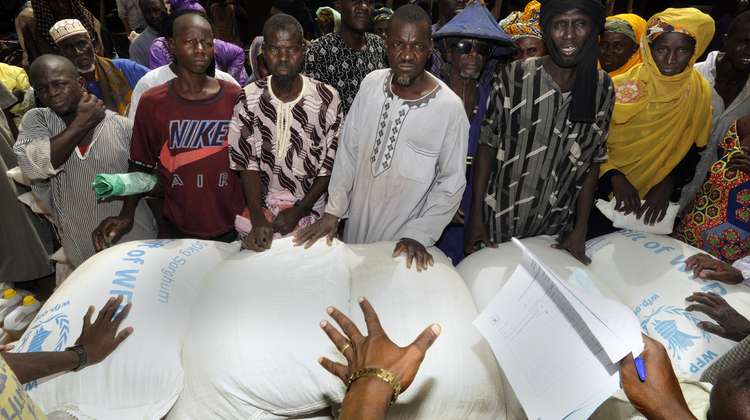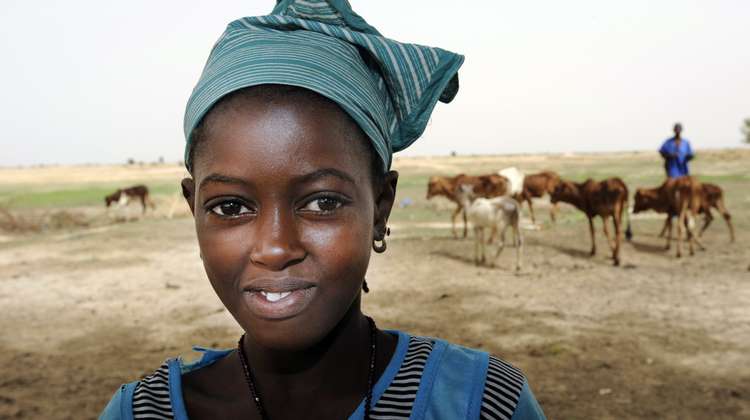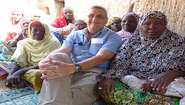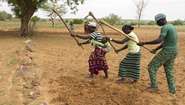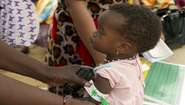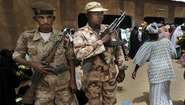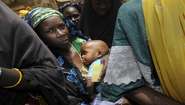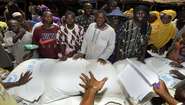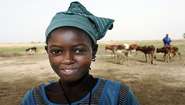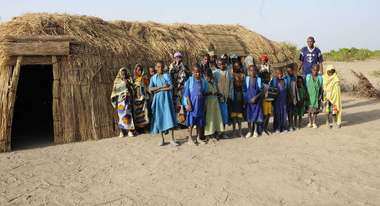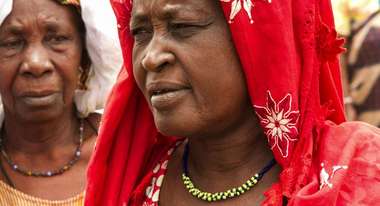Mali ahead of the Presidential Elections
Welthungerhilfe Demands Reforms for More Security and Less Hunger
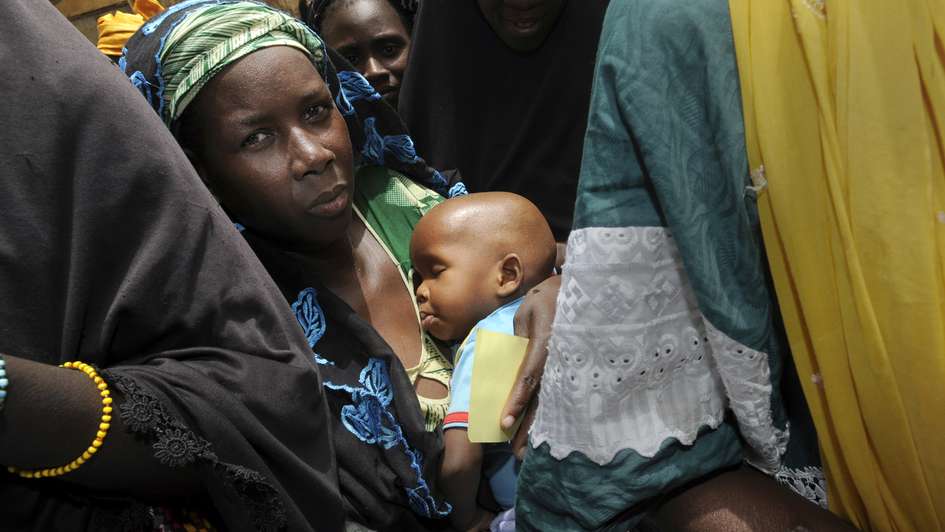
Bonn/Berlin, 26 July 2018 — With the presidential election approaching in Mali, Welthungerhilfe is demanding greater efforts to support government reconstruction and to fight hunger and poverty. The country, once West Africa's leading democracy, faces an ongoing political and military crisis. The international community’s support with addressing this issue will continue to be needed after the election as well.
“Unresolved conflicts and the halting implementation of the peace process are threatening the country's development and endangering the progress already made in the fight against hunger. Without government reconstruction and extensive reforms — especially of the military, the police, and the justice system — Mali's government is in danger of losing control even further. This would condemn entire generations to poverty and hopelessness. Furthermore, Mali is of essential significance in the Sahel region and for Europe as well. This presidential election sees the country at a definitive crossroads”, emphasises Jan Fahlbusch, Head of Team Policy and External Relations for Welthungerhilfe.
Left defenceless to armed groups
Despite comprehensive support for the stabilisation of the country, the fight against hunger and poverty remains a core challenge. More than four million Malians, including many women and children, now depend on food aid to survive. The government has lost administrative control in much of Mali due to the poor security situation. The rural population is vulnerable and often at the mercy of armed groups.
“Hunger will grow worse during the time between the harvests, especially in insecure regions. Supplies have been exhausted, and the next harvest is still far away. The smallholders need to sow their fields now, in the rainy season, but do not dare to go out into their fields. In the interior, farmers and livestock herders are fighting over water and pasture. In the north, 700 schools have been forced to close due to safety concerns; 300,000 children can no longer attend school. Police and healthcare stations are no longer staffed either, since government employees are failing to return for fear of the rebels”, says Bernd Schwenk, Welthungerhilfe country director in Bamako, describing the current situation.
Elections must be followed by the fight against poverty and corruption
“The fact that Welthungerhilfe has been active in Mali for 50 years is not cause for celebration; on the contrary, it is motivation to continue the fight against rural hunger. Malians have the right to peace, security, and a life free of hunger”, states Bernd Schwenk, concluding: “Fair elections are absolutely necessary to achieve this. The election must be followed by a strong campaign against poverty, corruption, and impunity. Otherwise, public discontent will rise to dangerous levels, especially among young people.”
Welthungerhilfe country director, Bernd Schwenk, is available for interview in Bamako.
Welthungerhilfe is one of the largest private aid organisations in Germany and enjoys both political and religious independence. It is fighting for “Zero Hunger by 2030”. Since being founded in 1962, it has provided funding of EUR 3.53 billion for more than 8,900 overseas projects in 70 countries. Welthungerhilfe bases its efforts on the principle of empowering people to help themselves, which it implements with measures ranging from rapid disaster relief to rehabilitation to long-term development cooperation projects with national and international partner organisations.
Press Pictures for Download (High Resolution)
Notice of Use: Please note that the images may only be used in a Welthungerhilfe context and may not be passed on to third parties. Images must bear the credit copyright "Photographer"/Welthungerhilfe. No long-term archiving. Please delete images after use!





